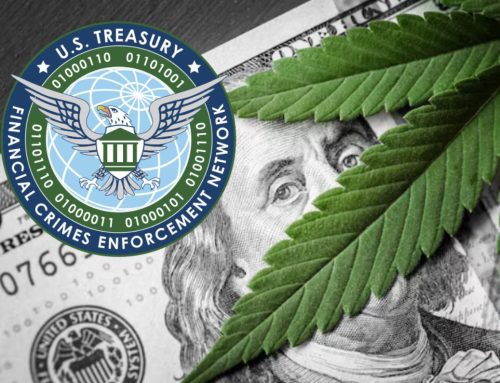Fairfax Bank Retreats from Servicing Cannabis Businesses
FAIRFAX – MainStreet Bancshares Inc., a community lender with $2.2 billion in assets, has shelved its Cannabis banking program just eight months after unveiling it as a growth driver. The decision, disclosed by CEO Jeff Dick, aims to broaden the bank’s appeal to prospective acquirers wary of federal restrictions on Cannabis-related services.
The retreat marks a sharp turn from February, when MainStreet positioned its Avenu banking-as-a-service arm to tap into the cash-heavy Cannabis sector. At the time, the bank outlined plans for Venu, a solution designed to enable cashless transactions at dispensaries, addressing a persistent pain point for operators stuck handling bulky cash loads due to Cannabis’s Schedule I status under federal law. Dick described the initiative then as a way to “galvanize” Avenu, which had struggled to meet deposit and revenue goals since its 2021 launch, posting a $3.6 million pretax loss in 2024.
Now, with shareholder pressure mounting for a sale after 21 years in business, Dick said the Cannabis foray could deter suitors. “To make itself more appealing to potential buyers,” the bank is stepping back, he told the Washington Business Journal, signaling openness to mergers or outright acquisition.
This shift underscores the tightrope banks walk in serving state-legal Cannabis businesses. Despite recreational sales exceeding $30 billion nationwide in 2024, according to Whitney Economics analysis, roughly 70% of operators still rely on cash, exposing them to theft risks and limiting scalability. Community institutions like MainStreet have filled some gaps, but federal guidelines under the Bank Secrecy Act demand rigorous compliance, including enhanced due diligence and reporting – burdens that can erode margins without guaranteed volume.
Dick’s comments highlight a calculated trade-off: Cannabis clients, while loyal, represent a fraction of MainStreet’s portfolio. The bank, which serves Northern Virginia’s tech and government corridors, likely sees greater value in a clean slate for deal-making. Yet the move leaves a thinner roster of compliant lenders at a moment when industry consolidation accelerates. Larger players like Safe Harbor Financial continue to expand, but smaller banks’ exits signal caution, potentially slowing innovation in payment solutions.
For Cannabis operators, the news adds friction to an already constrained financial ecosystem. “Legitimate businesses work with a knowledgeable and dependable banker,” Dick noted earlier this year, emphasizing risk reduction through vetted services. Venu’s promise of “efficient, fairly priced” processing echoed that ethos, but its pause reinforces how regulatory overhang chills investment. Analysts tracking the sector point to stalled federal reforms, like the SAFE Banking Act, as a core deterrent; without them, banks face audit scrutiny and reputational hits that outweigh niche revenues.
However, MainStreet Bank isn’t closing doors entirely. Dick indicated the bank would revisit Cannabis if conditions improve, but the pivot prioritizes immediate liquidity over long-term bets. This comes as regional peers eye similar strategies. Recent mergers among Virginia lenders have prioritized diversified books over specialized verticals.
In the broader view, MainStreet Bank’s course correction reflects a maturing industry where banking access, once a headline hurdle, now tests operators’ resilience. As deals reshape community finance, Cannabis companies may need to lean harder on cash-flow tools and advocacy for legislative fixes. The sector’s growth trajectory remains intact, but episodes like this remind stakeholders that full integration into the financial mainstream demands more than state votes.
It requires Washington to catch up.



































